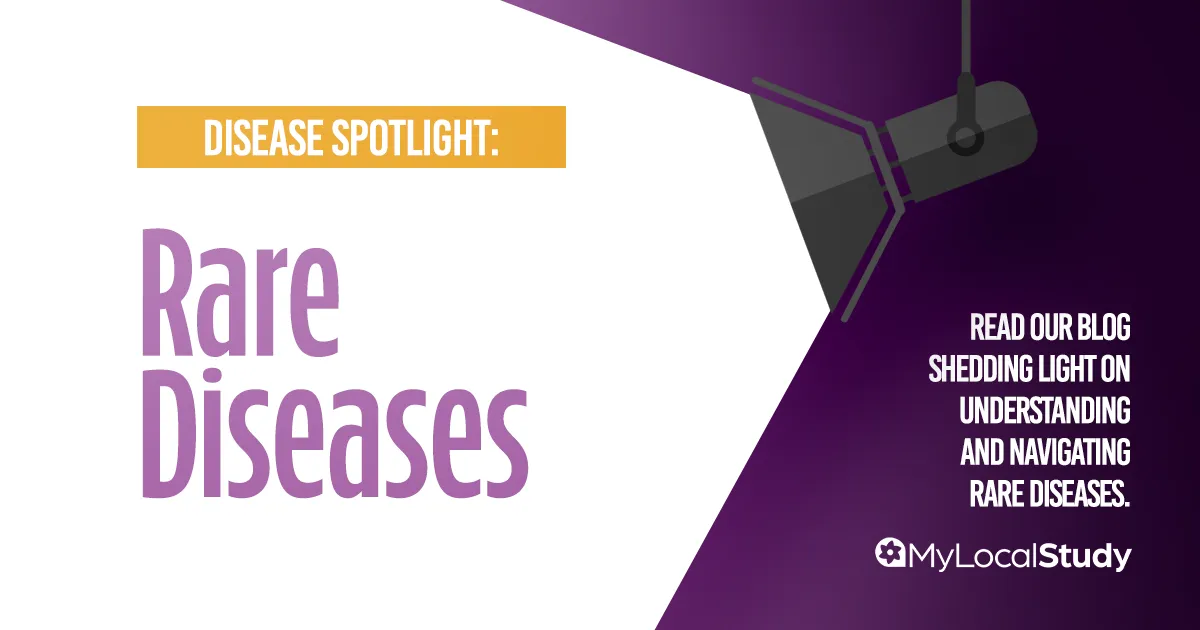Rare diseases, despite their name, affect millions of people worldwide. While each condition may be uncommon individually, collectively, they impact a significant portion of the population. In this blog, we’ll explore rare diseases, their challenges, and how individuals and communities can navigate the journey of living with these conditions.
What Are Rare Diseases?
Rare diseases, also known as orphan diseases, are medical conditions that affect a small percentage of the population. These diseases are characterized by their low prevalence, often impacting fewer than 200,000 individuals in the United States. They vary widely in their symptoms, severity, and prognosis, but they share one commonality: their rarity. Each individual rare disease may affect only a small number of people, but there are thousands of different rare diseases, collectively affecting millions worldwide.
Highlighting Rare Diseases
Rare diseases encompass a diverse array of medical conditions, each with its own unique set of challenges and complexities. From conditions like Huntington’s disease, which affects the nervous system and causes progressive deterioration of movement, cognition, and behavior, to disorders like Ehlers-Danlos syndrome, characterized by hypermobile joints and fragile skin, rare diseases manifest in various ways. Other examples include cystic fibrosis, a genetic disorder affecting the lungs and digestive system, and Guillain-Barré syndrome, an autoimmune disorder causing muscle weakness and paralysis. These diseases profoundly impact the lives of those affected, underscoring the need for increased awareness, research, and support.
Navigating the Challenges of Rare Diseases
Living with a rare disease poses unique challenges for patients, caregivers, and healthcare providers alike. Diagnosis is often delayed or missed due to lack of awareness and limited knowledge about these conditions. Treatment options may be limited, inaccessible, or costly, further complicating the management of rare diseases. Additionally, individuals with rare diseases may struggle to find support networks and resources tailored to their specific needs, leading to feelings of isolation and uncertainty.
Despite the challenges, there are resources and strategies available to help individuals navigate the journey of living with rare diseases. Education and awareness are key – both within the medical community and among the general public. By raising awareness about rare diseases, we can improve early detection, diagnosis, and access to appropriate care. Additionally, participating in clinical research trials offers hope for advancements in understanding, treating, and ultimately curing rare diseases.

Shaping the Future
As we shine a spotlight on rare diseases, it’s crucial to recognize the resilience and strength of those affected by these conditions. Let’s continue to raise awareness, support one another, and work towards a future where rare diseases are better understood, treated, and prevented.
If you or someone you know is affected by a rare disease, reach out to patient advocacy organizations, healthcare providers, and research centers for clinical trial opportunities. Together, we can navigate the path forward and shape a brighter future for those living with rare diseases.

